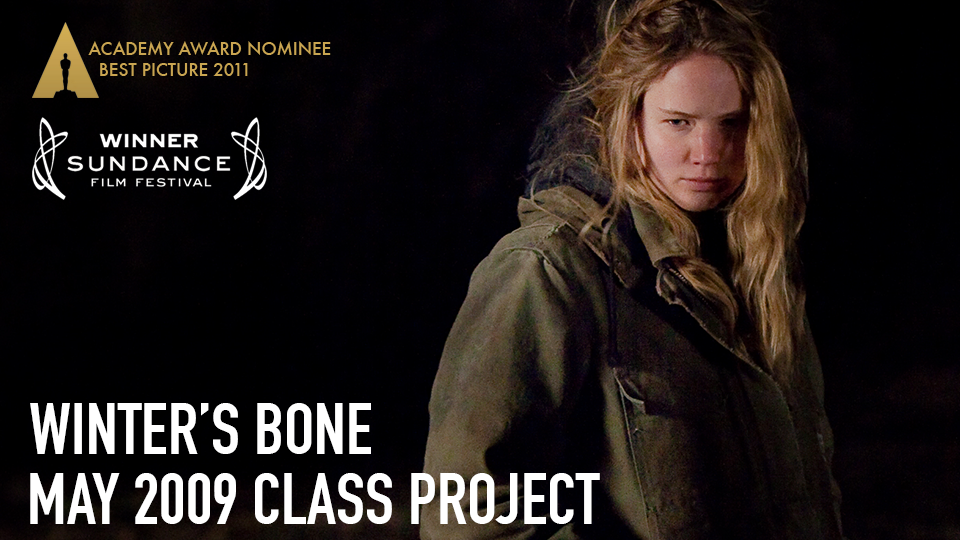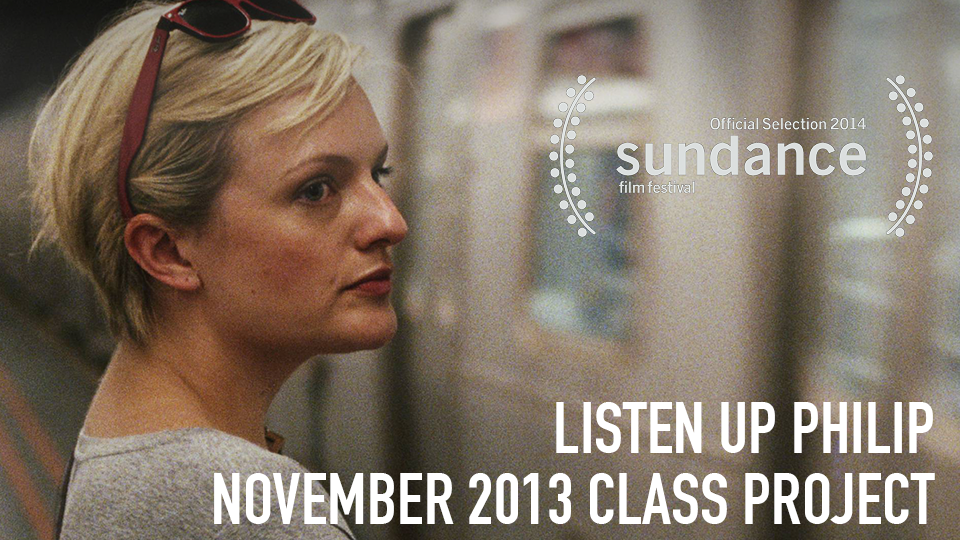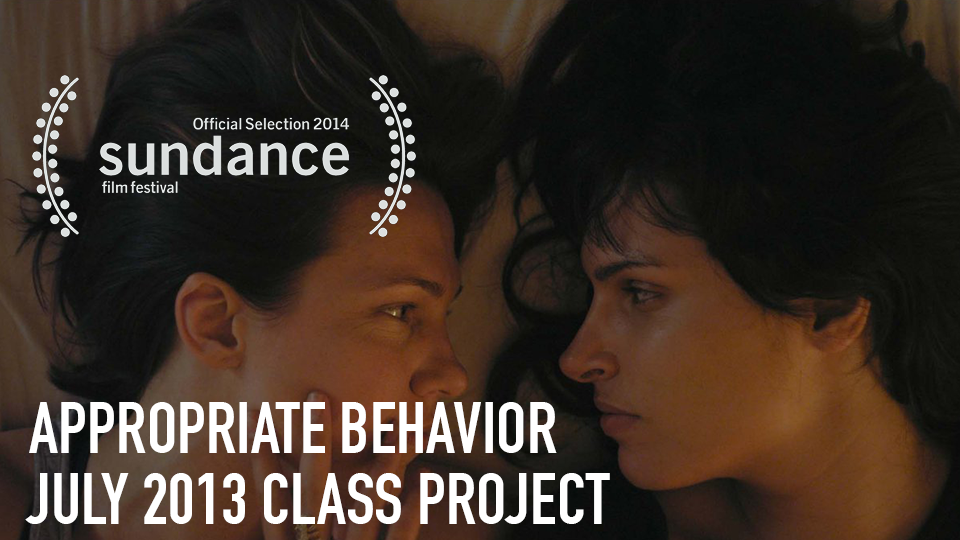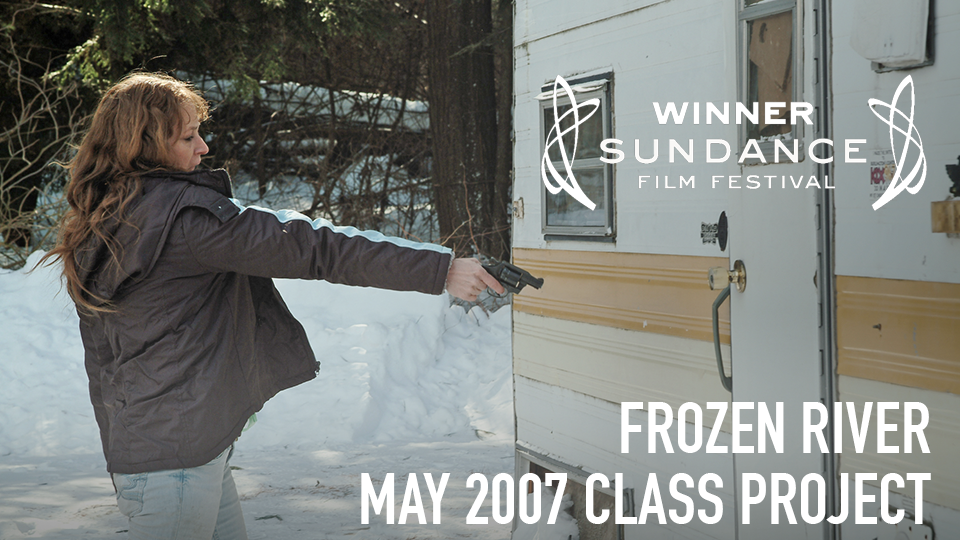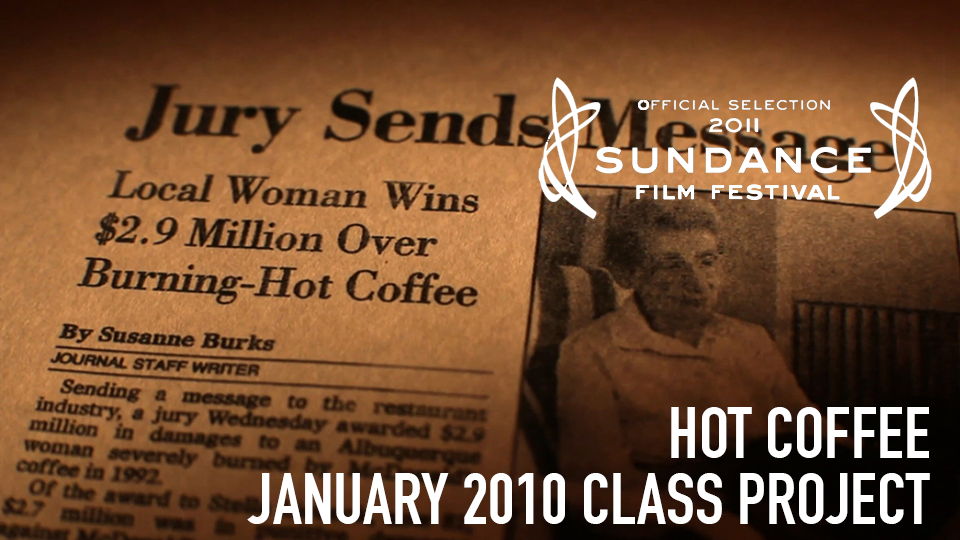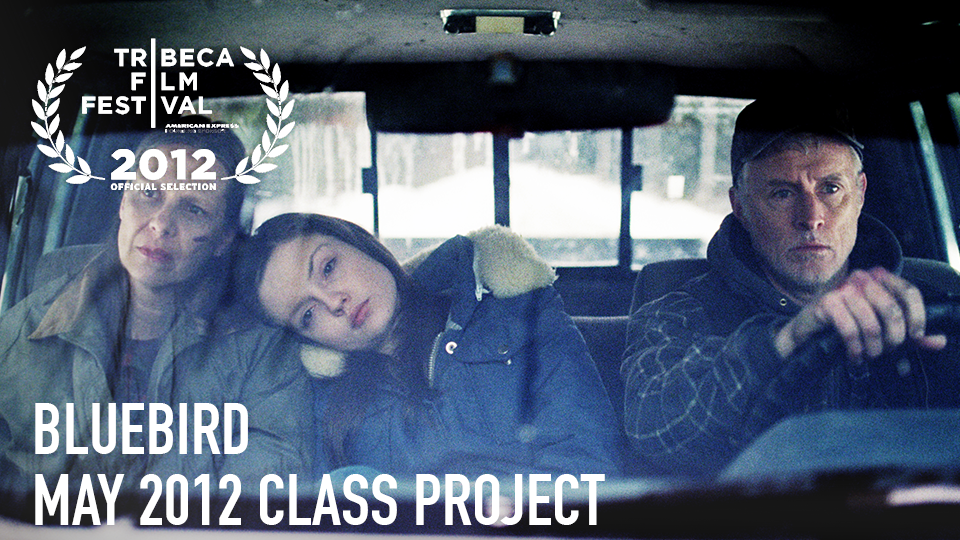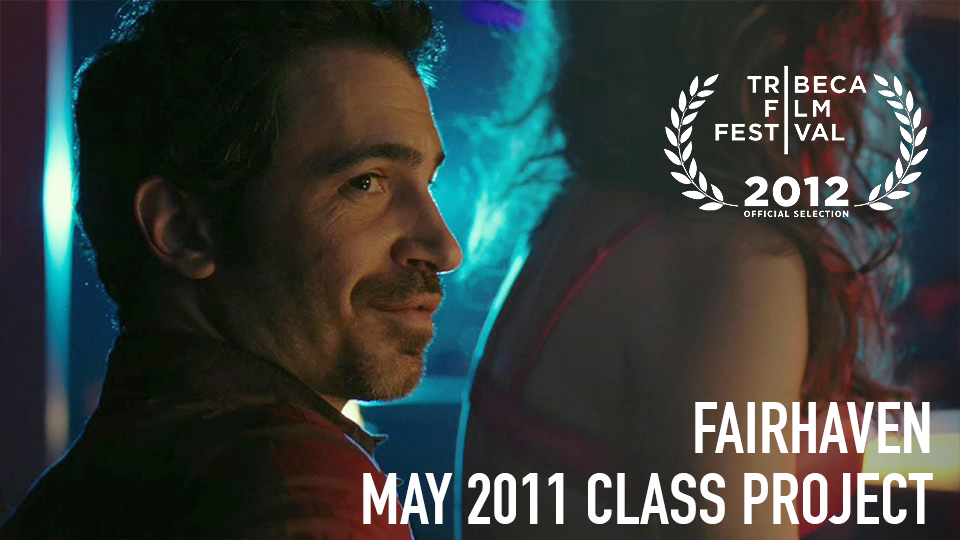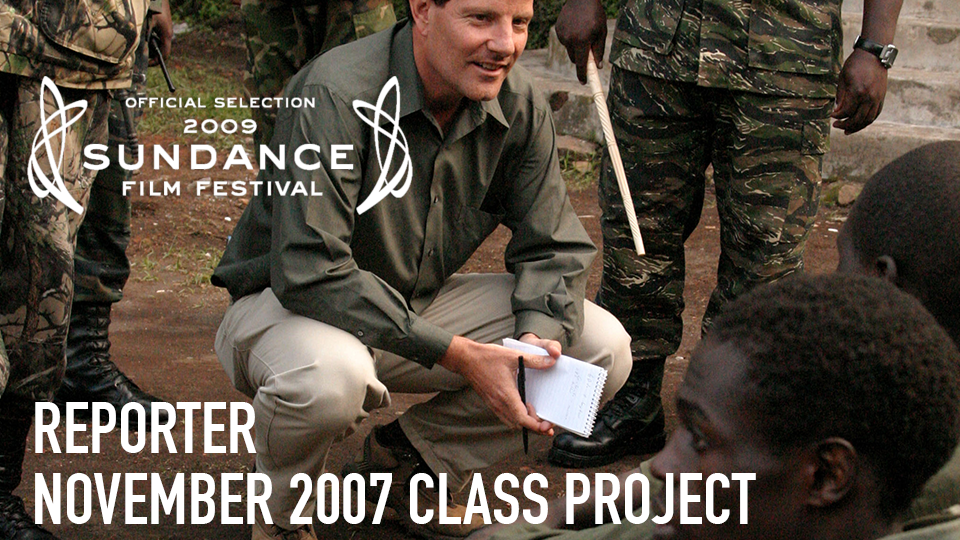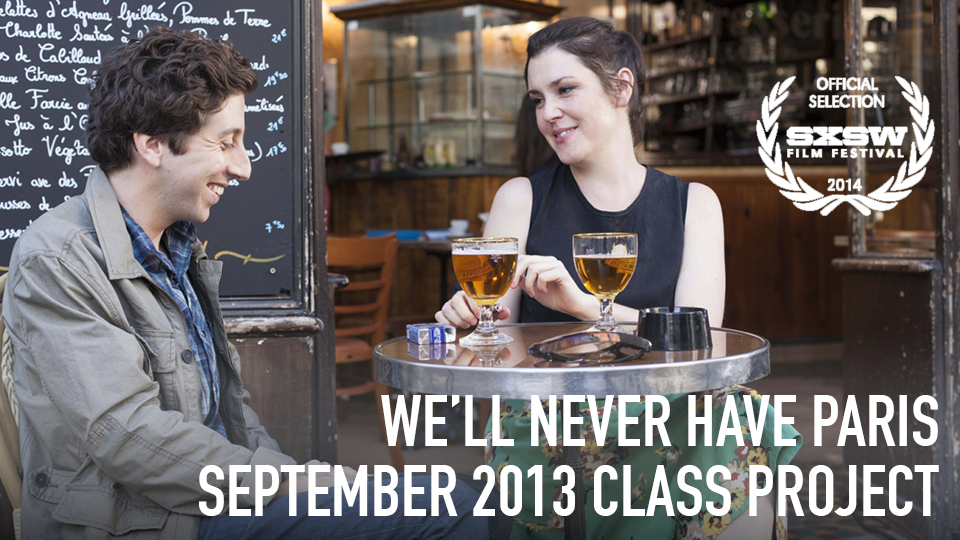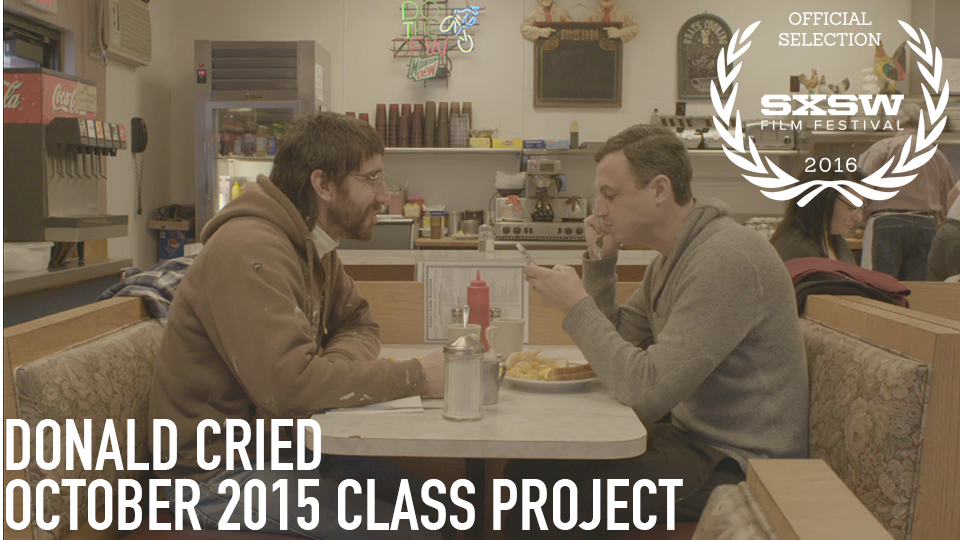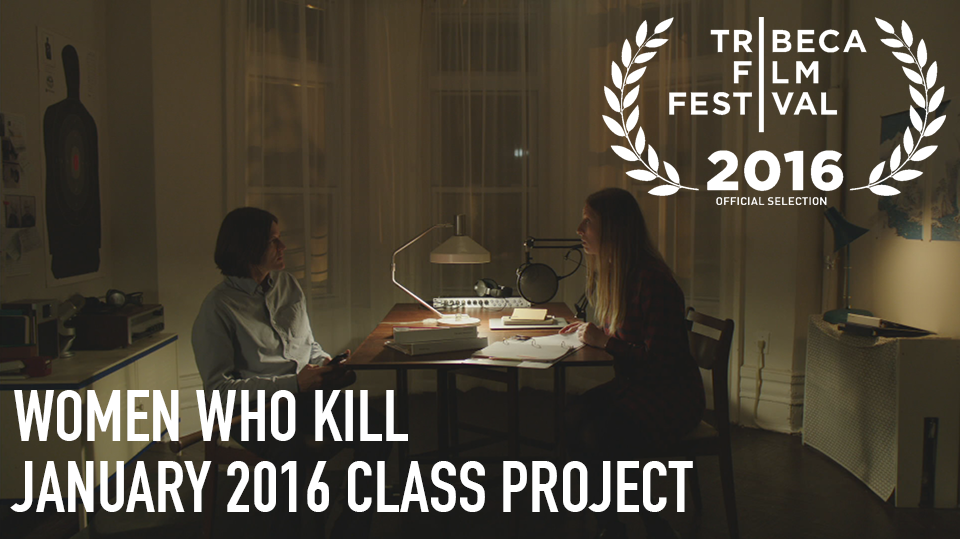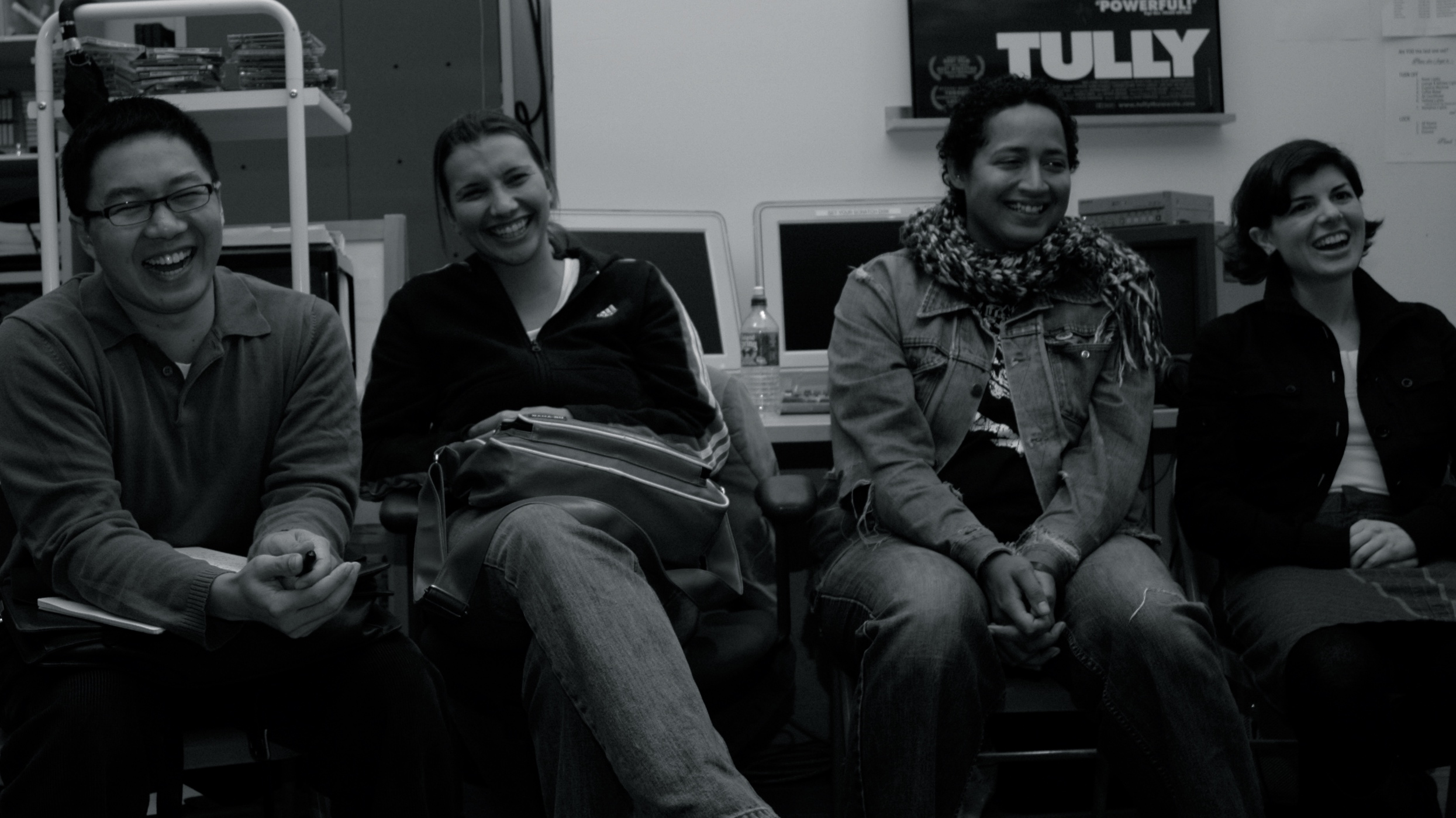Work on award-winning Films
Our students learn by editing real movies currently in post-production. They get individual feedback from the filmmakers and receive credit on the finished films.
LEarn both fiction and documentary techniques
Each class works on two films: a scripted fiction project and an unscripted documentary. By mastering both skillsets, you will be prepared for anything the post-production world throws at you.
Learn from the best
Our classes are taught by some of the top editors in the business. They're in the room all day, every day.
A 19 Year Track Record
Our graduates' work has won recognition at Sundance, the Emmys, and even the Oscars.
Master the Tools of the Trade
Our six-week course uses Avid Media Composer, the industry standard for feature film editing.
Not Just for Editors
Our class is also ideal for directors who want to cut their own films, cinematographers who want to shoot with editing in mind, and anyone who wants an in-depth knowledge of the post-production process.
Upcoming Classes
2020
TBD
Schedule
Week One10am - 5pm, M-F
Weeks Two through Six
Most classes have two shifts:
9am - 2pm or 2pm - 7pm, M-F
More info →


